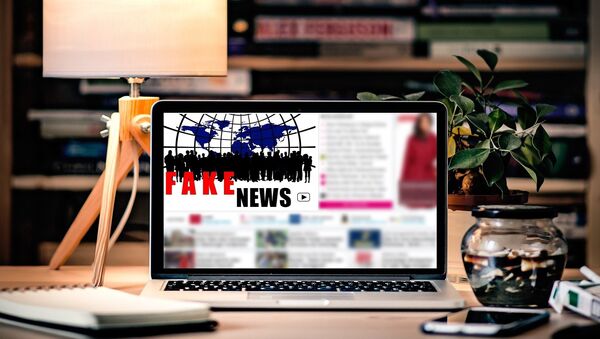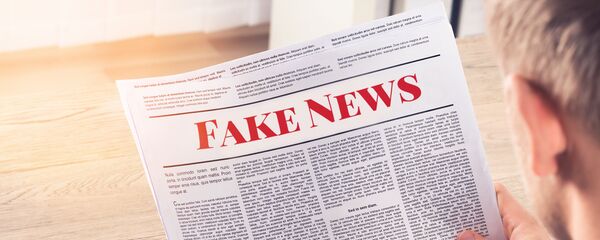"There is, and this is something that we also promote in this report, the creation of a European network of research centers to exactly find out that kind of topics … So it is very important that there is independent research… and it should be in combination with the platforms," de Cock Buning told a press conference on Monday.
The official specifically highlighted the recommendation for forming a self-regulating coalition bound by a Code of Principles for social media platforms.
"There is one recommendation that I would like to highlight. All members agreed upon the first important steps towards self-regulation and a code of practices through a well-balanced coalition, including journalists, platforms, news media, civil society and fact-checkers. This coalition will secure the further creation, implementation and continuous evaluation of a code of practices of all stake-holders … The ten key principles are fully supported by all of the important online platforms – Facebook, Google, Twitter, Mozilla," de Cock Buning said.
She also noted that the recommendations in the report excluded any kind of a blacklist for media outlets which spread disinformation, relying instead on fact-checking based on several sources.
"If you see in the report there is no blacklisting that we advise, quite the opposite. For us freedom of press is the most important aspect. What we do advise is fact-checking, but we advise that in a very transparent and open-source kind of way," the expert group's chair said.
Mariya Gabriel, the Commissioner for Digital Economy and Society, said that the Commission's plan to tackle disinformation, which is expected to be presented on April 25, would rely not only on the HLEG report, but also on the insights from a public consultation and the Eurobarometer survey also published on Monday.
"We will also be basing our plan on the 3,000 responses to the public consultation. It will also include the opinions of the 26,000 respondents to the Eurobarometer survey," Gabriel said.
The Commissioner stated that 97 percent of respondents to the Eurobarometer survey had said that they had been personally affected by fake news, while pointing out that fake news usually addressed the issues related to minorities, immigration, politics and security.
The European Commission appointed 39 experts to the HLEG on fake news and online disinformation in January 2018. It comprised representatives of civil society, social media platforms, news media organizations, journalists and academia. The HLEG is part of the Commission’s policy on fake news.



